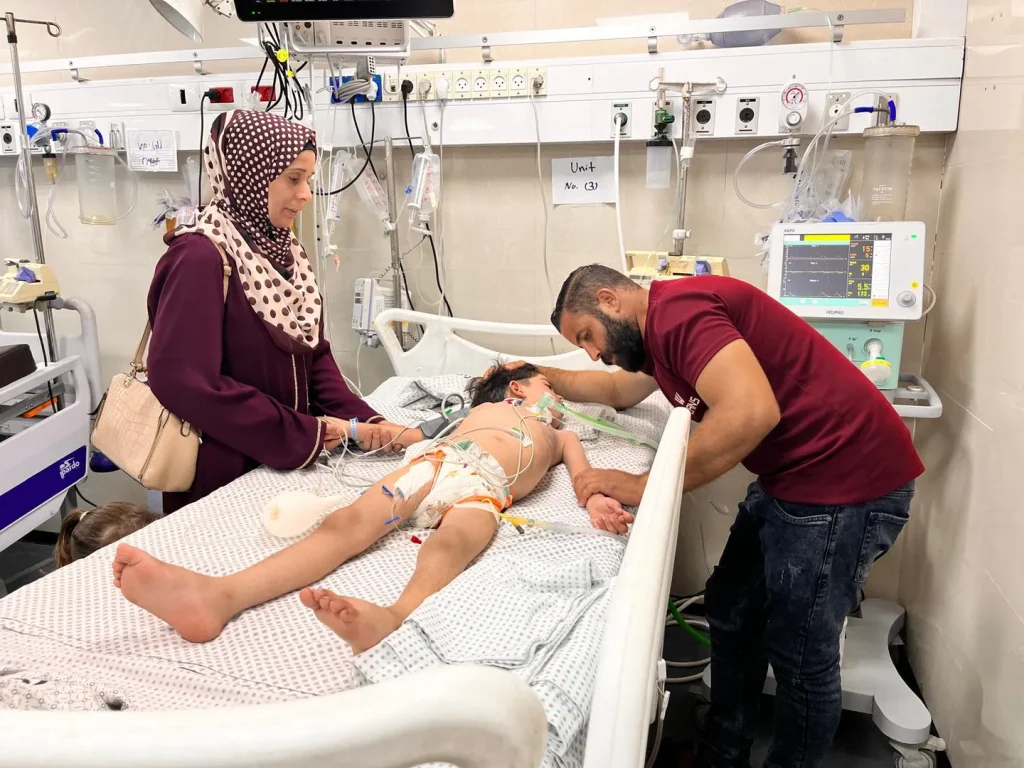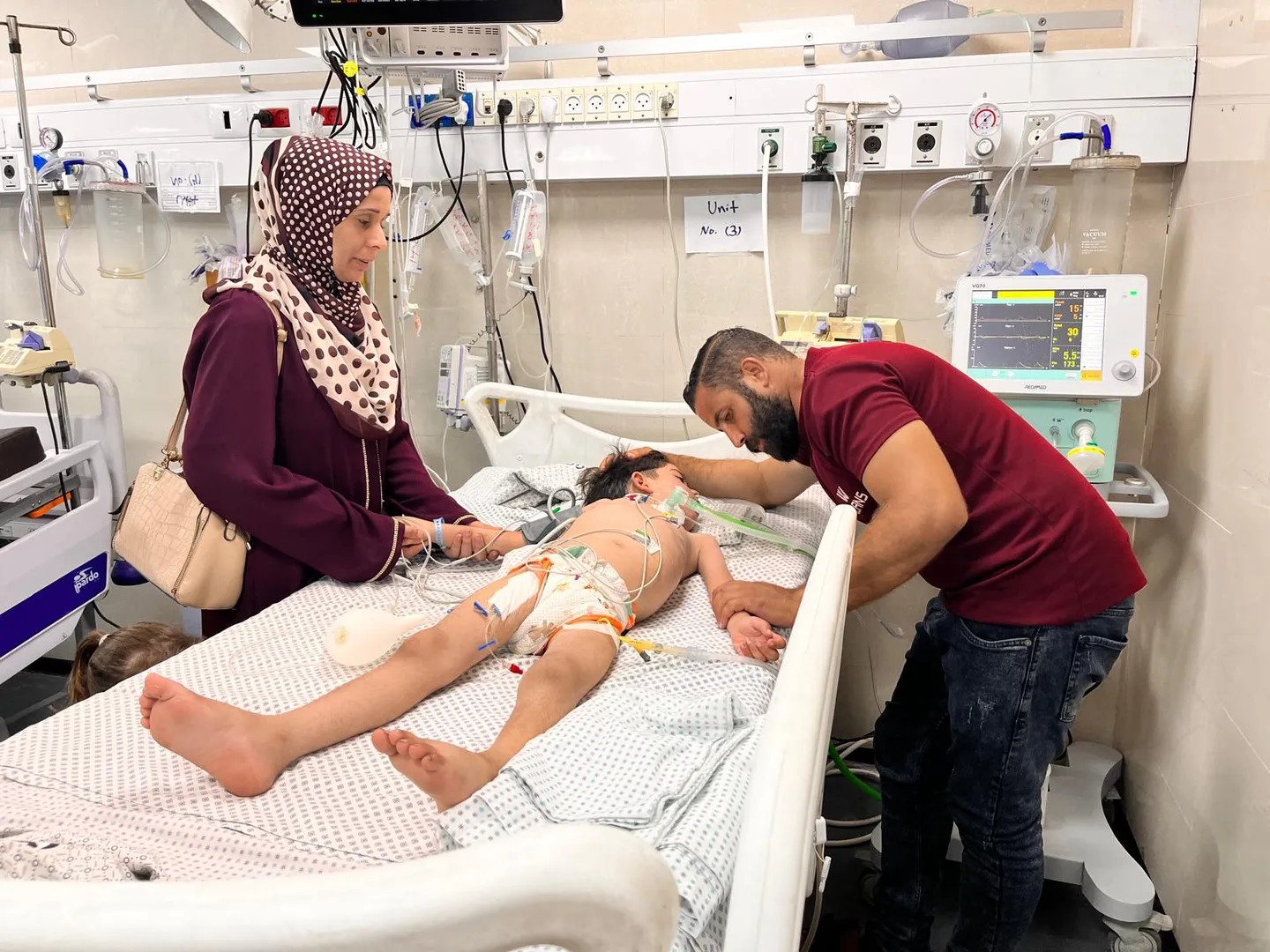Gaza is facing a medical crisis. A rare disease called Guillain-Barré syndrome (GBS) is spreading rapidly as hospitals struggle with shortages of medicine, food, and essential supplies under Israel’s blockade. The condition can cause paralysis and even death if untreated.

Surge in Cases and Deaths
Since June, the World Health Organization (WHO) has reported 85 suspected cases of GBS in Gaza. At least eight people have died from the disease so far. The WHO warns that the spread of GBS is worsening due to overcrowded hospitals and lack of medical treatment.
What is Guillain-Barré Syndrome?
GBS is an autoimmune condition where the body’s immune system attacks the myelin sheath that protects nerve fibers. This nerve damage disrupts signals between the brain, spinal cord, and muscles, leading to weakness or paralysis.
Globally, GBS is rare, affecting around 100,000 people per year, according to the Cleveland Clinic. But in Gaza, the sudden rise in cases has raised alarm.
What Causes GBS?
Doctors are still investigating the exact causes. However, the WHO says Campylobacter jejuni, a bacteria commonly found in animal waste and contaminated food, is one of the biggest risk factors.
In Gaza, most lab tests have shown the presence of Campylobacter jejuni. Other cases tested positive for enteroviruses, which spread through contaminated water and cause fever, rashes, and sore throats.
Dr. Ahmed al-Farra, head of pediatrics at Nasser Medical Complex, confirmed that infections in Gaza are driving the outbreak.
Symptoms of GBS
GBS usually begins with tingling, numbness, or weakness in the legs. It can then spread to the arms, chest, and face.
Other common symptoms include:
- Muscle pain in the legs or back
- Weakness in chest muscles, causing breathing difficulties
- Problems moving the eyes
- Difficulty speaking or swallowing
- Numbness or burning sensations in the skin
In severe cases, patients suffer paralysis of the legs or even the whole body. While most people recover, some are left with lasting weakness. In the worst cases, GBS can lead to respiratory failure, cardiac arrest, or death.
How is GBS Diagnosed and Treated?
Doctors diagnose GBS by checking symptoms and running tests like:
- Lumbar puncture, collecting spinal fluid for analysis
- Electromyography, testing nerve activity with electrodes
Although there is no cure, treatments can reduce symptoms. Plasma exchange and immunotherapy help remove harmful antibodies. Patients with breathing problems are placed on ventilators, while rehabilitation supports muscle recovery.
Early treatment is critical. But in Gaza, hospitals lack supplies, equipment, and trained staff to properly care for GBS patients.
Healthcare Collapse in Gaza
The outbreak of GBS is not isolated. Gaza is also suffering from famine, medicine shortages, and collapsing hospitals due to the Israeli blockade.
The UN reports that less than half of Gaza’s hospitals are fully operational. Bed occupancy in major hospitals is at breaking point:
- Al-Shifa Hospital: 250%
- Nasser Medical Complex: 180%
- Al-Rantisi Children’s Hospital: 210%
- Al-Ahli Arab Hospital: 300%
The Integrated Food Security Phase Classification (IPC) has declared Gaza in phase 5 catastrophe, meaning “starvation, death, and critical malnutrition” are already occurring.
A Preventable Crisis
Experts stress that the rise in GBS and other paralytic diseases in Gaza is not only a medical issue but a humanitarian one. With supplies blocked and hospitals overwhelmed, preventable diseases are turning deadly.
The spread of GBS in Gaza highlights the urgent need for international aid, medical supplies, and unrestricted humanitarian access. Without it, the death toll will continue to climb.
















Comments are closed.